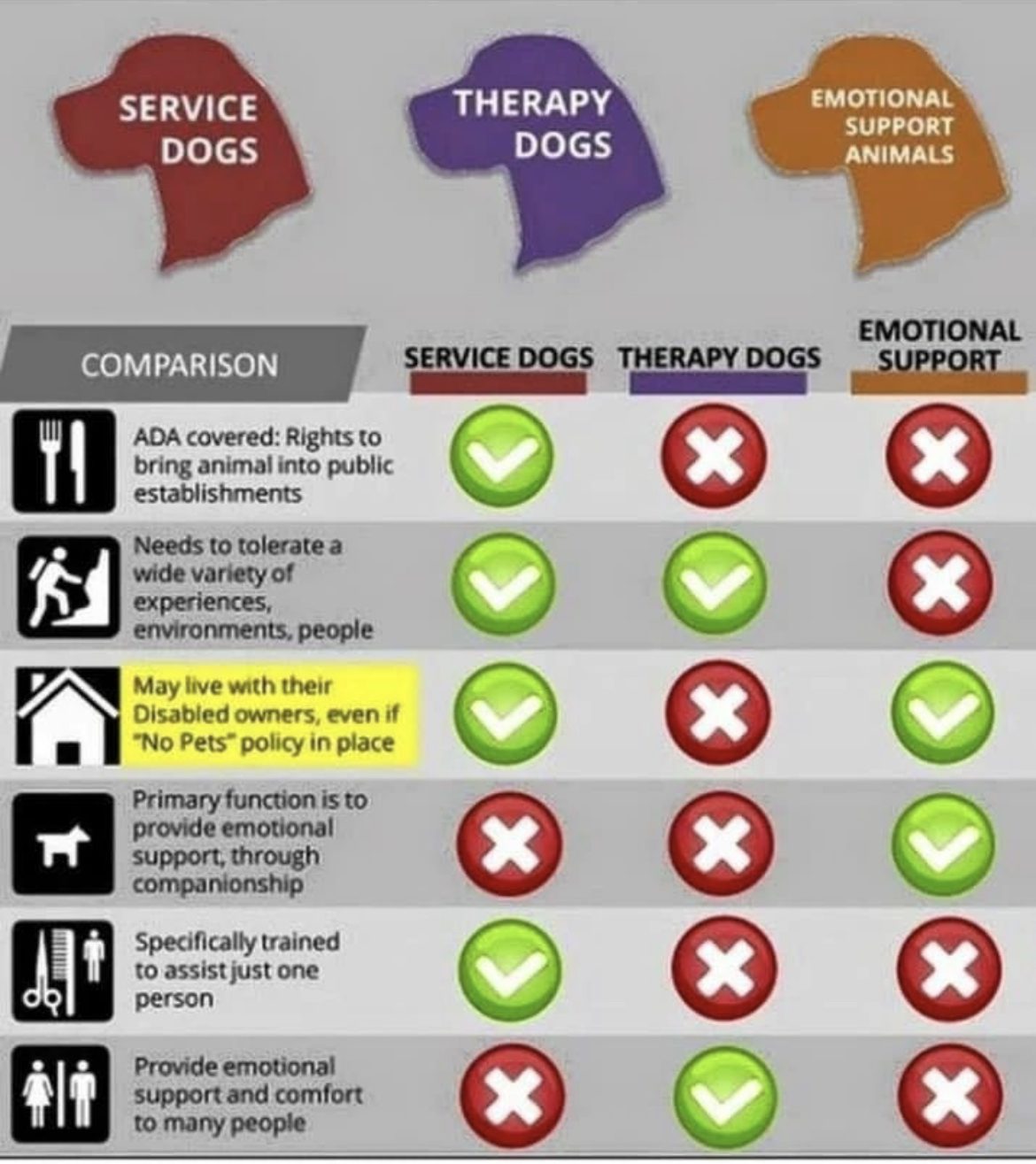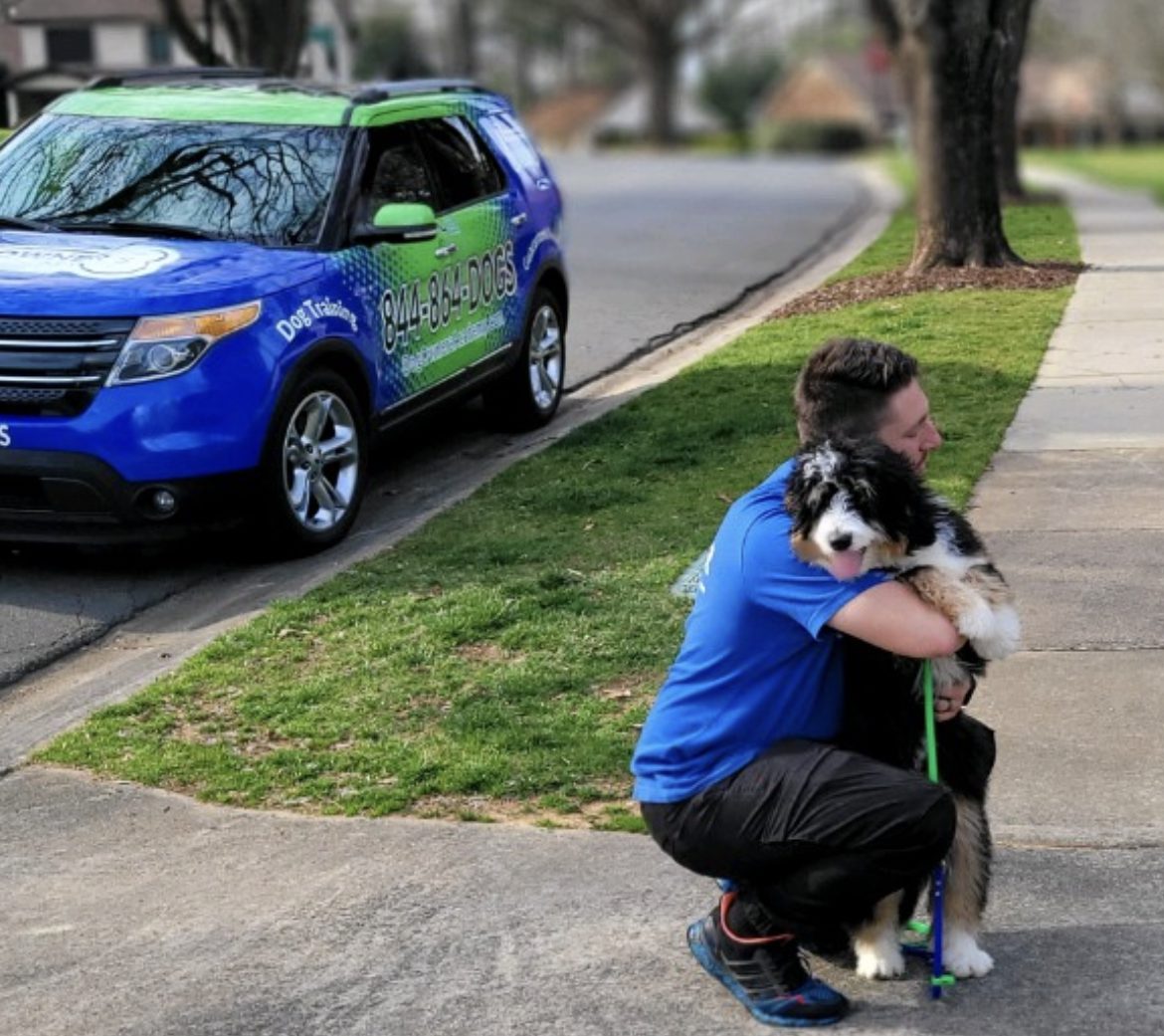Emotional Service Dogs: A Lifeline for Mental and Emotional Well-being
- Turk Akbay
- April 18, 2023
- Blog
Emotional Support Animals (ESAs) have gained significant attention in recent years as people increasingly recognize their potential to help individuals with mental or emotional disabilities. Among these ESAs, emotional service dogs are particularly popular for their empathetic nature, loyalty, and ability to provide comfort. While not recognized as service animals under the Americans with Disabilities Act (ADA), emotional service dogs still enjoy some legal protections under the Fair Housing Act (FHA) and the Air Carrier Access Act (ACAA). Let’s explore the unique role of emotional service dogs in supporting mental and emotional well-being, as well as the requirements and regulations surrounding their use.
The Role of Emotional Service Dogs in Mental and Emotional Well-being
Emotional service dogs are specifically chosen and trained to provide companionship and emotional support to their owners who may suffer from anxiety, depression, post-traumatic stress disorder (PTSD), or other mental health conditions. Their mere presence can significantly reduce symptoms, alleviate stress, and improve overall well-being. These dogs can offer:
- Unconditional love and companionship: Emotional service dogs can provide a constant source of affection and companionship, helping individuals feel less lonely and isolated.
- A sense of routine and responsibility: Taking care of a dog can help establish a daily routine, promoting a sense of responsibility and purpose in the owner’s life.
- Stress relief: The act of petting or cuddling a dog can release endorphins and oxytocin, hormones that help reduce stress and anxiety levels.
- Encouragement for social interaction: Walking a dog can encourage conversations with neighbors or other dog owners, thus facilitating social connections and reducing feelings of isolation.

Requirements and Regulations for Emotional Service Dogs
Although emotional service dogs are not considered service animals under the ADA, they are still protected under the FHA and the ACAA. This means that:
Housing: Landlords are required to make reasonable accommodations for individuals with emotional service dogs, even in pet-free housing.
Air travel: Airlines (always check with your airline) mayallow emotional service dogs to accompany their owners in the cabin, without additional charges, as long as the owner has the necessary documentation.
Although not legally mandated to receive specialized training, emotional support dogs must be well-behaved and able to provide their owners with the necessary emotional support, and not pose a threat to others: Emotional support dogs should not display any signs of aggression or be a danger to other people or animals.
To protect their owners’ rights and ensure effective assistance, emotional support dogs must receive proper care, attention, and training. This includes socialization, obedience training, and regular veterinary check-ups.
When emotional support dogs are well-adjusted and confident, they are better able to assist their owners in a variety of public settings. As responsible dog owners, it is our duty to provide emotional support dogs with the necessary care and training they need to perform their important role effectively.
Check out Service Dogs episode on Zen of Dog Ownership Podcast
Opening Hours
M-Sa: 10am - 7pm
Address
1111 Central Ave., Charlotte, NC 28204
Phone
844 864 3647


